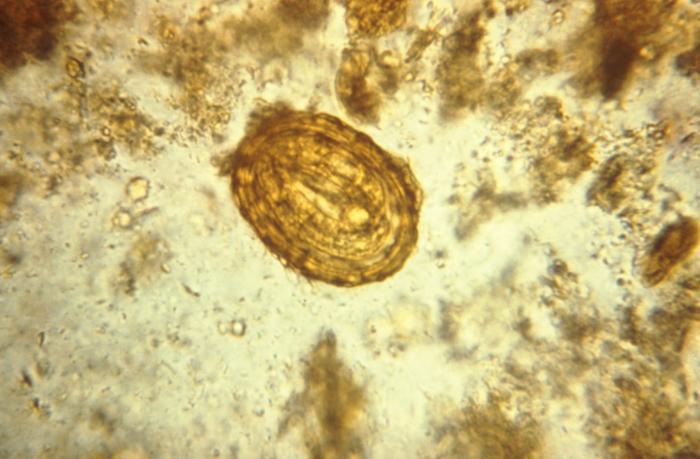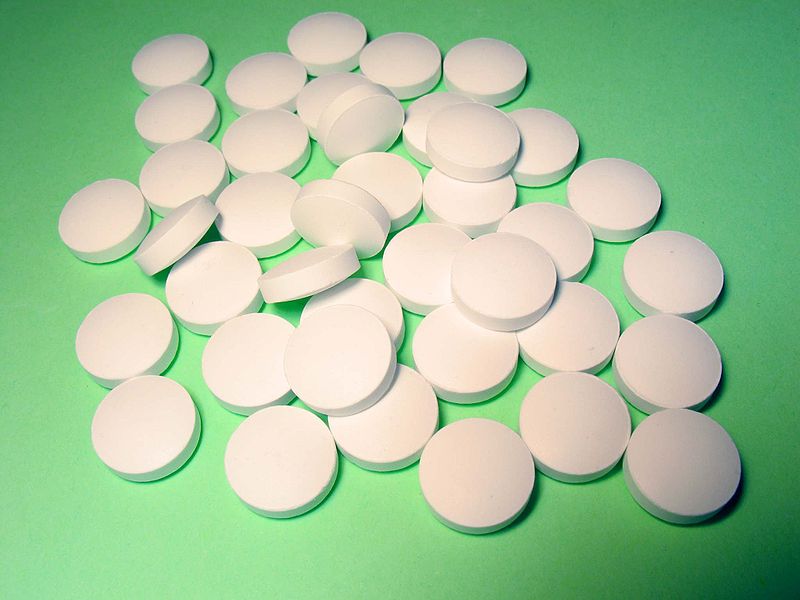Skeletal muscle relaxants are used in various surgical procedures during anesthesia, because they decrease spasm and spasticity. Classification Classified into … Read More »
Apraclonidine
It is topically used in the eye as eye drops, it does not cross blood brain barrier, and is given … Read More »
Clonidine
Clonidine is imadazoline derivative. It is centrally acting, and is not a prodrug. It is lipid soluble. Mechanism of action … Read More »
Central Sympathoplegics and Alpha Methyl Dopa
Central sympathoplegics are also known as Alpha 2 Selective Adrenergic Agonists These are NOT ANTAGONISTS, but are alpha 2 agonists. … Read More »
Bretylium
Bretylium is an adrenergic neuron blocker used as antiarrhythmic drug (class III). It prolongs the duration of ventricular action potential, … Read More »
Reserpine
Source and chemistry Natural alkaloid obtained from root of plant “rauwolfia serpentina” (snake root) which is abundant in the subcontinent … Read More »
Adrenergic Neuron Blockers and Guanethidine
Once impulse arrives, calcium moves in, resulting in excitation-secretion coupling. To save dopamine, it is taken up by storage vesicles … Read More »
Anticholinergic drugs
Also known as muscarinic receptor antagonists. Muscarinic blockers block the muscarinic receptors. These include the naturally occurring alkaloids (Belladonna alkaloids), … Read More »
Organophosphate Poisoning and Management
Causes of Poisoning occupational poisoning homicidal accidental In the battle field, soldiers are at risk of poisoning, so they are … Read More »
Pyridostigmine, Edrophonium and Echothiophate
Pyridostigmine Muscarinic effects are less marked, more nicotinic effects Duration of action is long (6 hours) than neostigmine Use: Myasthenia … Read More »
 howMed Know Yourself
howMed Know Yourself






